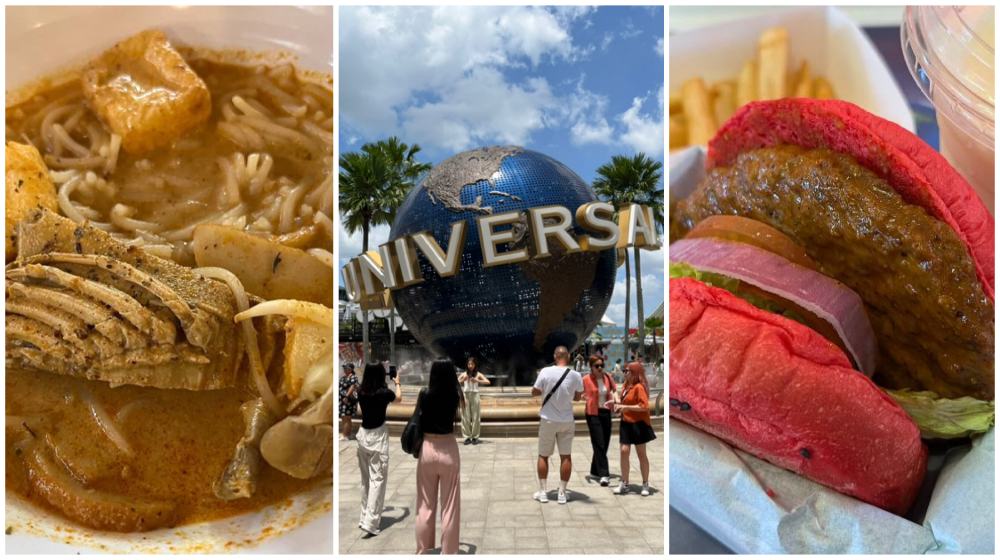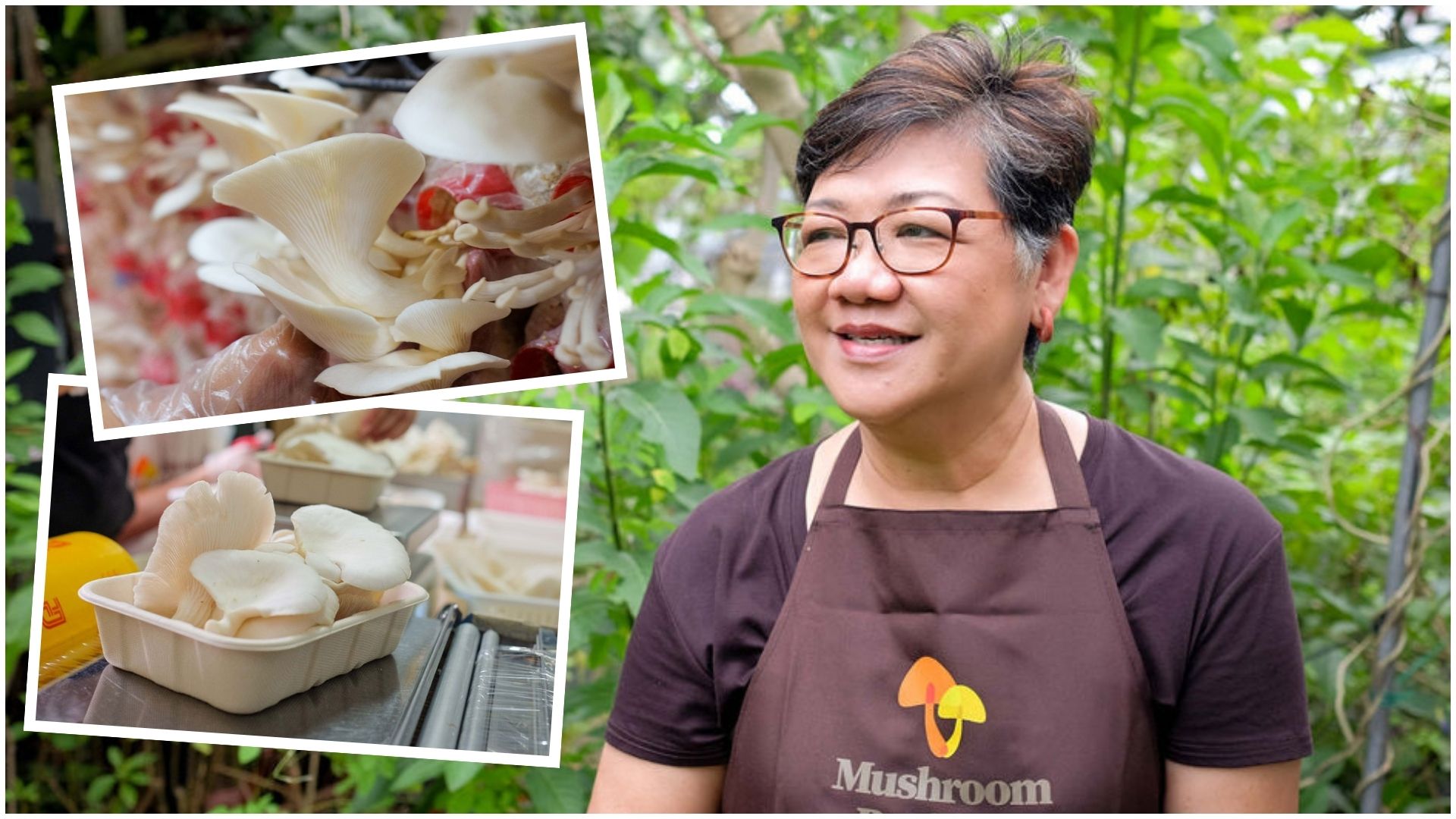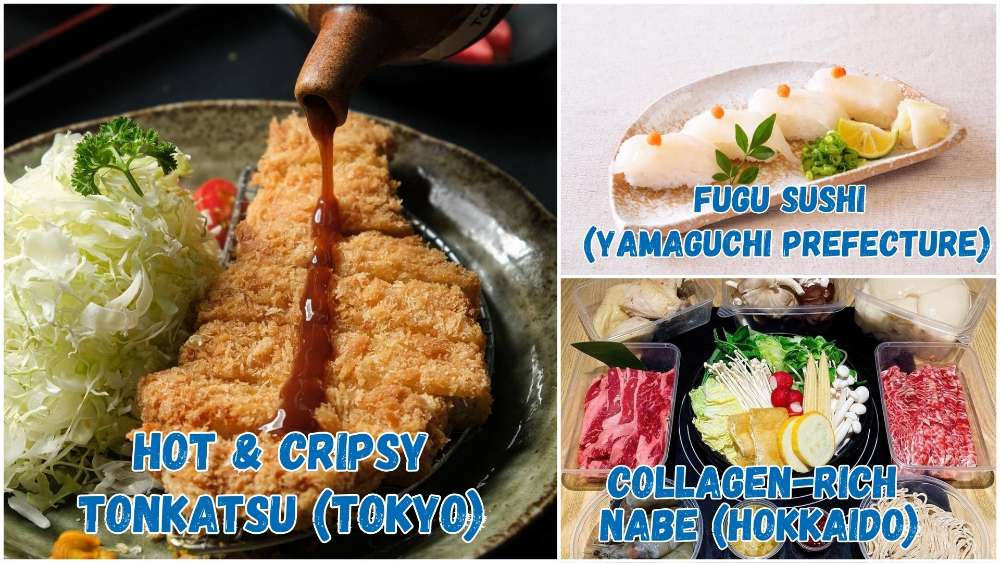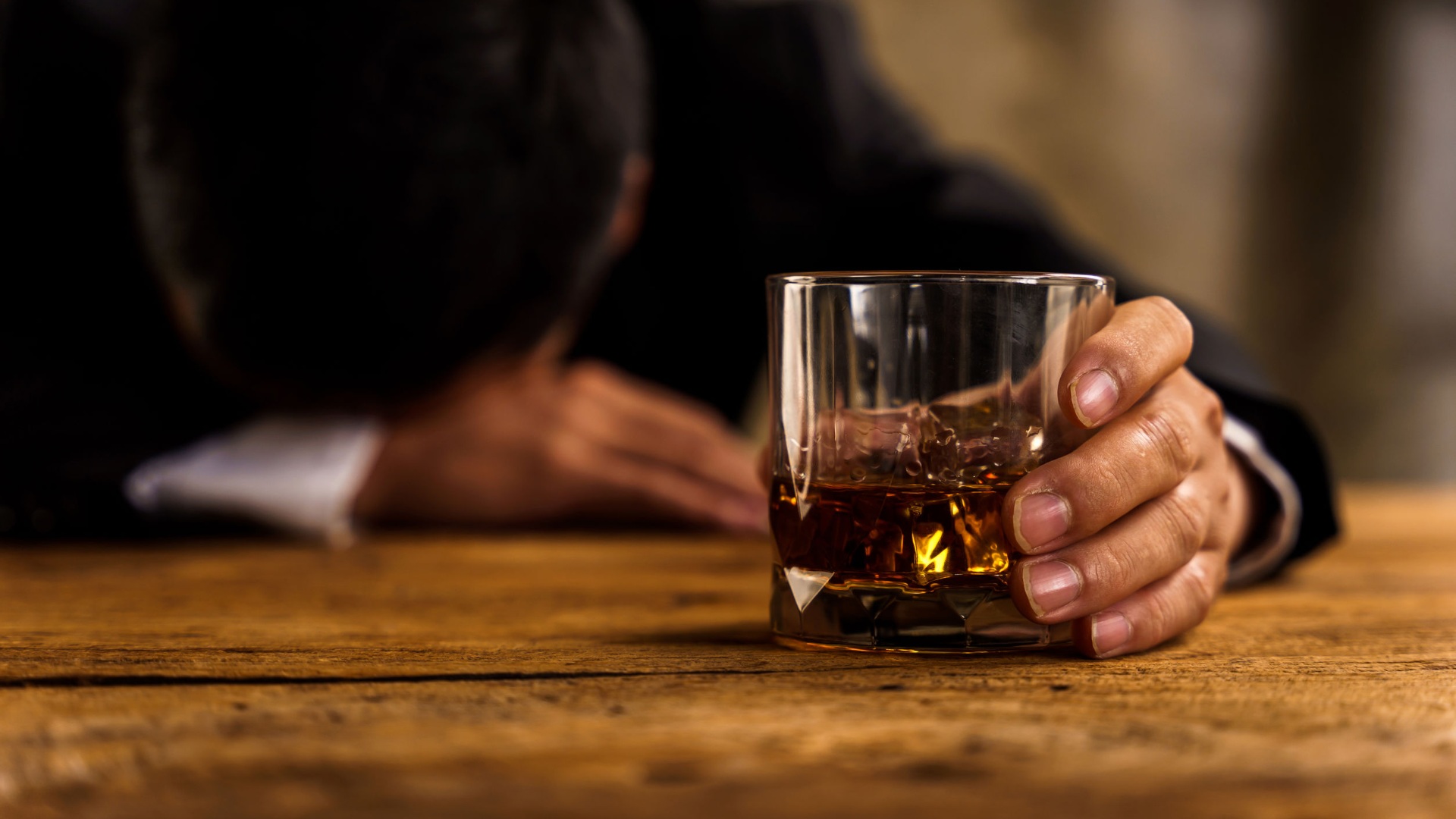How And Where To Seek Help In Singapore For Alcohol Abuse And Addiction
If your loved one’s alcohol consumption goes beyond social drinking norms, and their health, relationships and performance at work or in school deteriorates, it’s time to take action. In Singapore, there are several ways to seek help:
Encourage them to seek professional help
Encourage your loved one to seek professional help from a medical doctor, psychiatrist, or counsellor who specialises in addiction. They can provide a proper diagnosis, recommend a treatment plan, and offer support and guidance throughout the recovery process. You can refer to the National Addictions Management Service (NAMS) or WE CARE Community Services for more information and resources on addiction treatment in Singapore.
Attend Alcoholics Anonymous (AA) meetings
AA is a support group for people who want to stop drinking and stay sober. Attending AA meetings can provide your loved one with a sense of community and support from others who are going through the same struggles. They can find AA meetings in Singapore by visiting the AA Singapore website.
Consider family therapy
Family therapy can help both you and your loved one work through the challenges and emotions associated with alcoholism. It can provide a safe space for communication and understanding, and help you develop strategies for coping and supporting each other. You can refer to The Cabin Singapore for more information on family therapy.
Set healthy boundaries
It’s important to set healthy boundaries with your loved one to protect your own well-being and encourage their recovery. You may need to avoid enabling their behaviour, such as providing them with money or covering up for them when they miss work or social events. You can also seek support from organisations such as Al-Anon Family Groups Singapore, which provide support for families and friends of alcoholics.
Provide emotional support
Alcoholism can be a difficult and emotional journey for both your loved one and yourself. Provide emotional support by actively listening to their concerns, expressing empathy, and offering encouragement. You can also remind them of their strengths and accomplishments, and help them find healthy coping mechanisms to manage stress and emotions.

Helplines
- Alcoholics Anonymous (AA): 6475 0890
- Al-Anon Family Groups Singapore: 9774 2539
- Institute of Mental Health (IMH) helpline: 6389 2222
- National Addictions Management Service (NAMS): 6732 6837
- Singapore Association for Mental Health: 1800 283 7019
- SobeRISE, a community-based programme developed by Foundation of Rotary Clubs Singapore Family Service Centre and supported by NAMS: 6779 9488
- WE CARE Community Services: 3165 8017
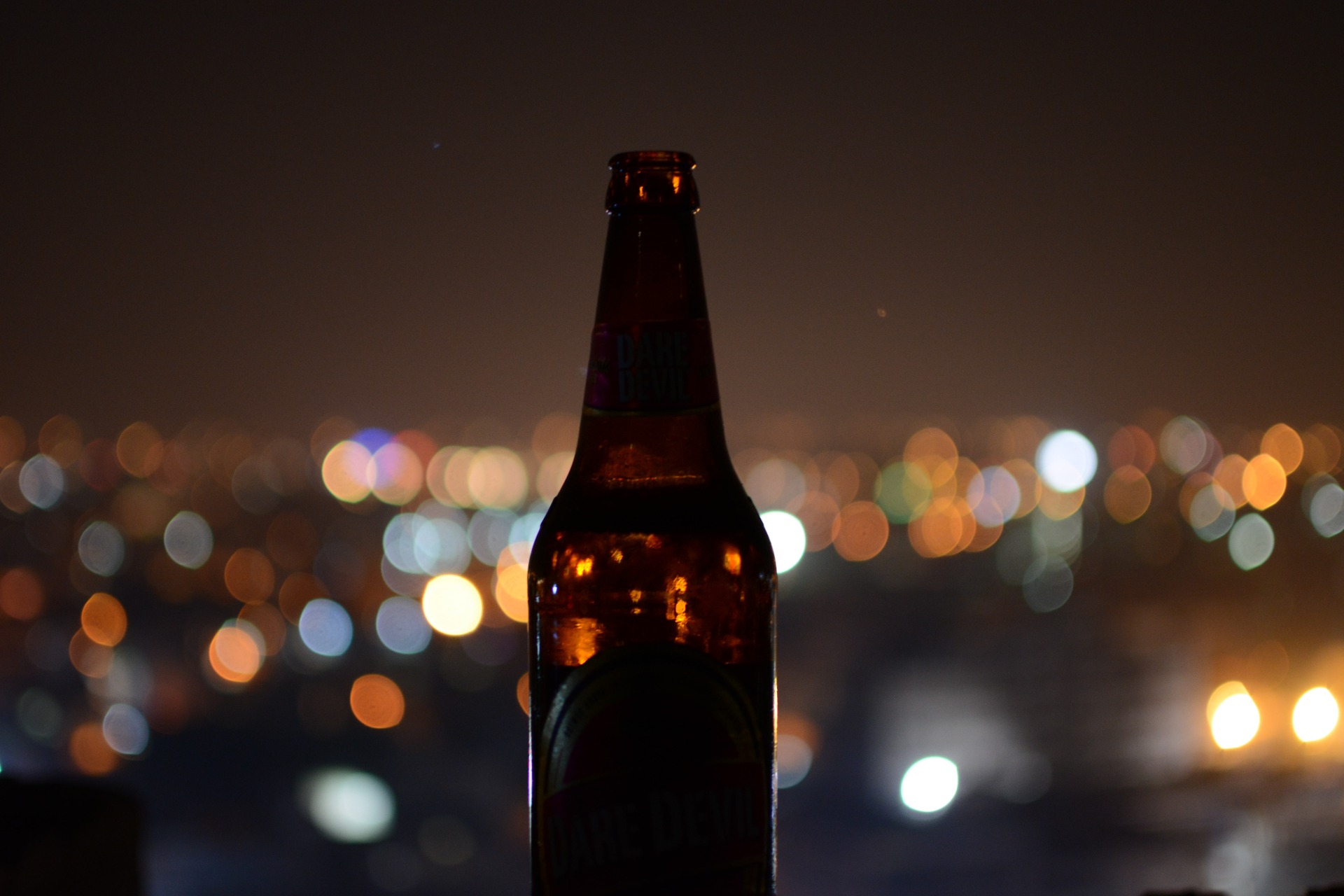
Signs and symptoms of alcoholism
Alcohol addiction, also known as alcoholism or alcohol use disorder, is a chronic disease characterised by a compulsive and uncontrollable craving for alcohol despite negative consequences. Some signs and symptoms of alcohol addiction include:
- Craving for alcohol: a strong urge to drink alcohol even when you don’t feel like it.
- Loss of control: inability to limit the amount of alcohol you consume once you start drinking.
- Dependence: experiencing withdrawal symptoms like shakiness, nausea, or anxiety when you try to stop drinking.
- Tolerance: needing to drink more alcohol to achieve the desired effect.
- Neglecting responsibilities: failing to fulfil obligations at work, school, or home due to excessive drinking.
- Continuing to drink despite negative consequences: continuing to drink despite physical, psychological, or social problems caused by alcohol.
- Spending a lot of time drinking or recovering from drinking: spending a significant amount of time drinking, recovering from alcohol’s effects, or obtaining alcohol.
- Giving up activities you used to enjoy: losing interest in hobbies, sports, or social activities you once enjoyed.
- Continuing to drink despite health problems: continuing to drink despite health issues like liver disease or pancreatitis caused by alcohol.
If you or someone you know is experiencing any of these symptoms, it’s important to seek help from a medical professional or addiction specialist.
For the latest updates on Wonderwall.sg, be sure to follow us on TikTok, Telegram, Instagram, and Facebook. If you have a story idea for us, email us at [email protected].

